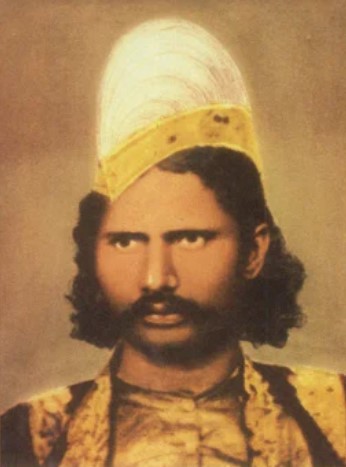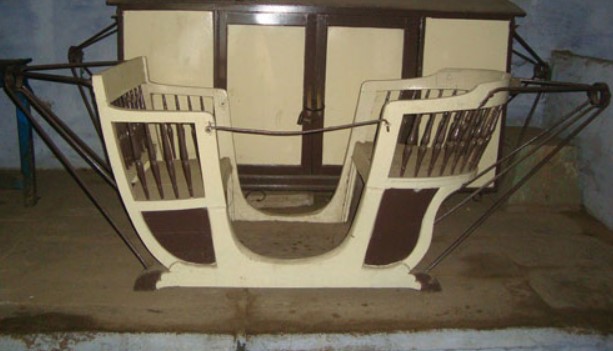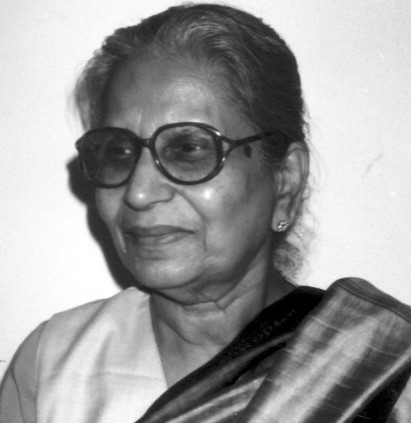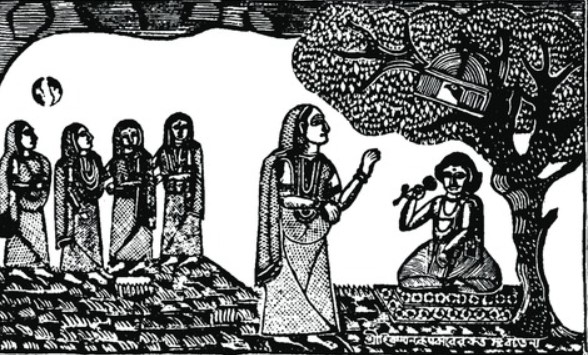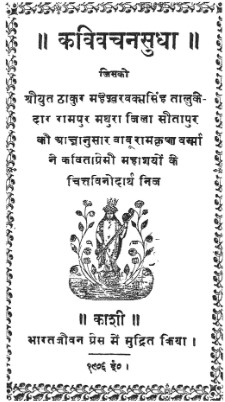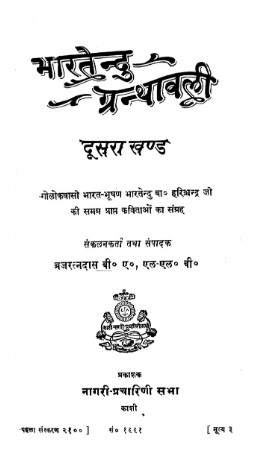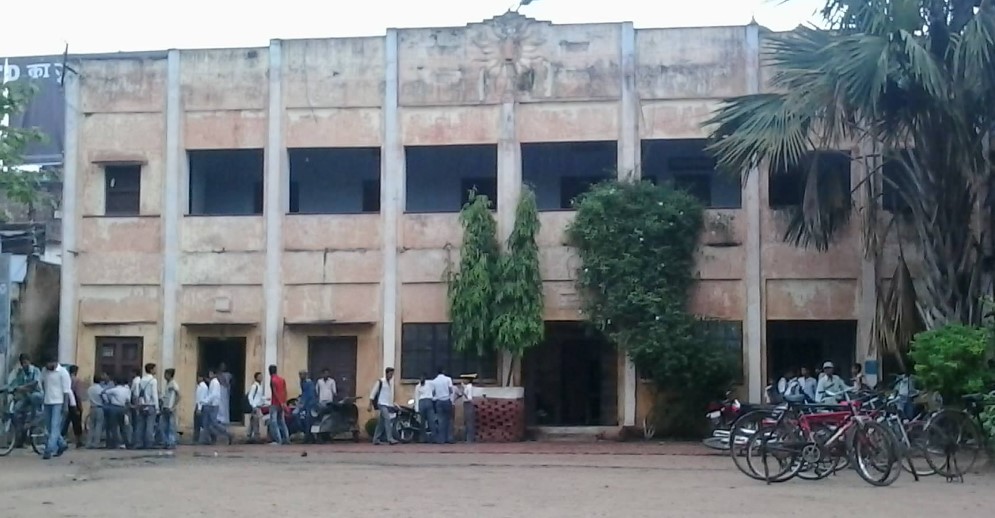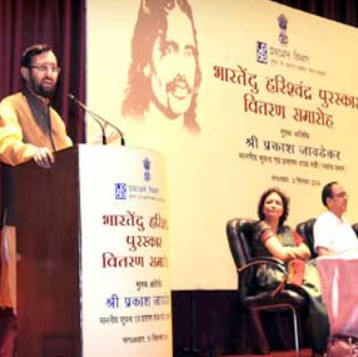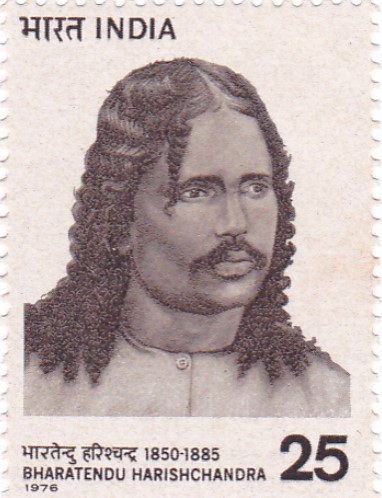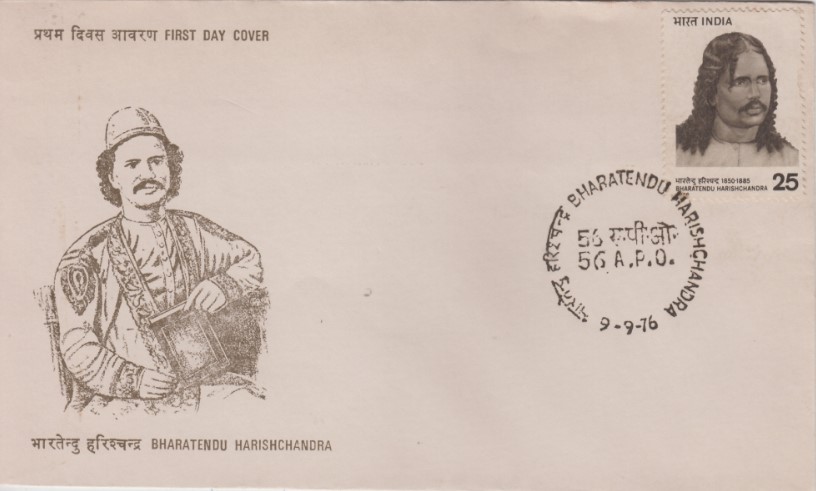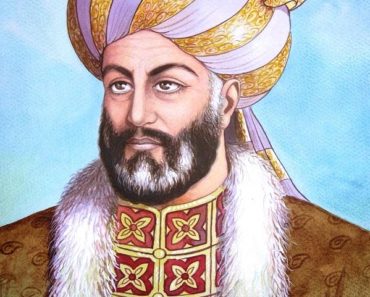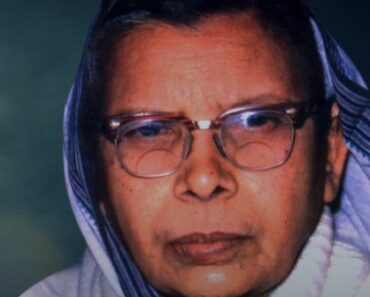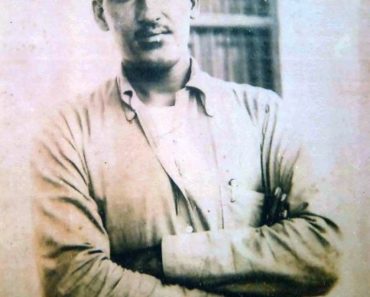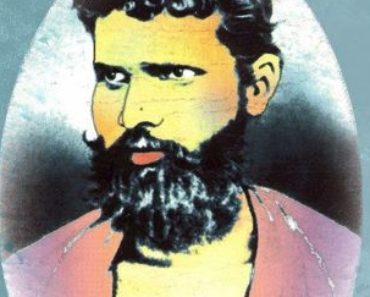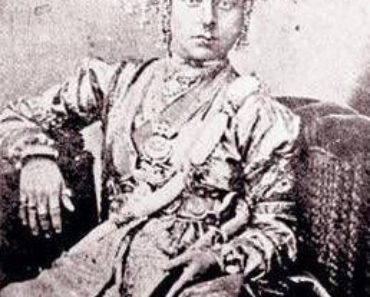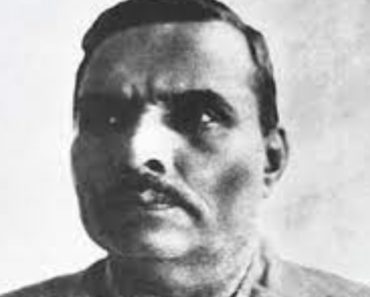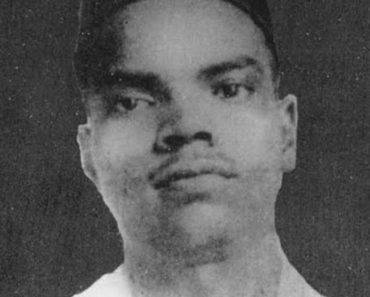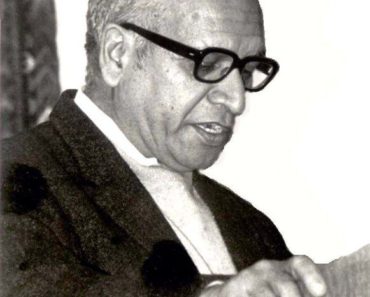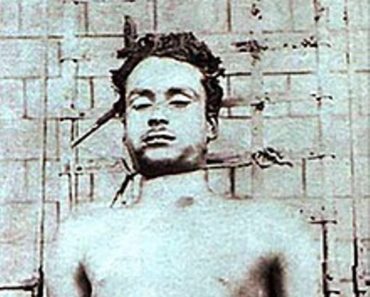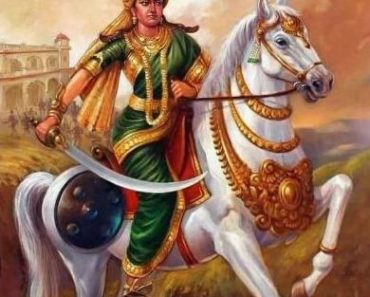Bharatendu Harishchandra was a famous Indian poet and Hindi writer. He wrote plays, biographical sketches, and travel stories. He used new forms of media like reports, books, letters to editors, and translations to share his ideas with the public. He is considered the father of Hindi literature and Hindi theatre. He is known by the name ‘Yug Charan’ as his writings, which received a lot of praise, exposed the unfair ways of the British Raj.
Contents
Wiki/Biography
Bharatendu Harishchandra was born on Monday, 9 September 1850 (age 35 Years; at the time of death) in Benares, Benares State, British India. His zodiac sign was Virgo. He started his education early and had teachers who helped him learn Persian, Urdu, and Sanskrit. One of his teachers, Raja Shivprasad, played an important role in his life and in shaping his later literary works. Later, he joined the Queen’s College, Varanasi from 1862 to 1865 to study English. [1]First Post In 1641, Shah Shuja, the second son of Shah Jahan, became the governor of Bengal. One person who went with him was Balakrishna, a wealthy financier who saw opportunities in this new position. Balakrishna’s grandson, Aminchand, also known as Omichund to the British, became famous for planning with Clive to defeat the Nawab of Bengal, Siraj ud-Daulah, in the Battle of Plassey. This battle led to British rule in India. Aminchand was Bharatendu’s great-great-grandfather, but he was later betrayed and died feeling defeated. After a difficult time for their family, Aminchand’s two sons, Fateh Chand and Harsh Chand, moved to Banaras in 1759. Harsh Chand became a financier for the Maharaja of Banaras and had good relations with the British, which caused his father’s downfall earlier. By the time of Bharatendu’s grandfather, Harsh Chand and his family had become very wealthy again. They were entrusted with the Maharaja’s treasury, and Harsh Chand began living a grand life, walking the streets with many bodyguards and a marching band. Bharatendu’s father, Gopal Chandra, protected the valuable items of the British Residency in 1857.
Physical Appearance
Hair Colour: Black
Eye Colour: Black
Family
Parents & Siblings
His father, Gopal Chandra, was a writer and playwright who wrote the first modern Hindi drama called ‘Nahushnatak.’ However, Gopal Chandra had a problem with opium addiction, which caused his early death in 1861. Harishchandra’s, Parvati Devi, died in 1855, so he was left in the care of his stepmother, who wasn’t very interested in taking care of him. His mother. He had a brother named Gokulchandra.
Wife & Children
He got married in 1863 and had a daughter. His granddaughter, Pratibha Agarwal, was a prominent Hindi writer.
Relationships/Affairs
Besides his formal education, he had romantic relationships with several women in Varanasi, who were known as ‘tawaifs.’ He was motivated to create poems and to enjoy the arts by some of these women. He allegedly had two mistresses: Mallika and Madhavi. As time passed, he grew close to a specific tawaif named Mallika who was a Bengali woman who lost her husband soon after her marriage. She helped him with editing and interpreting Bengali texts and covertly contributed to his notebooks as well as poetry. His literary life was significantly shaped by Mallika’s influence. [2]First Post
Religion
He followed Hinduism. [3]A Concise History of India
Caste
He belonged to the Agarwal community. [4]California Digital Library
Career
Hindi Literature
Bharatendu Harishchandra was born into a wealthy family that enjoyed both pleasures and cultural activities. Growing up in this environment had a strong influence on him. At the young age of five, he displayed his intelligence by explaining verses in Brajbhasha. 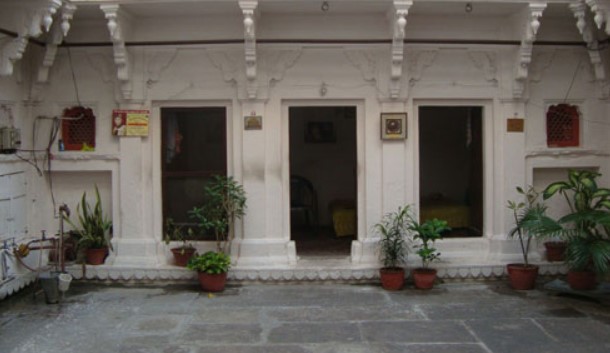
Courtyard of Bhartendu’s home; a room in front and was a two-story building of old styleIn the 1860s, Bhartendu Harishchandra founded the Kashi Dharma Sabha with the help of the Maharaja of Benares. He did this in response to other Hindu reformist movements that were more radical. He used Vaishnava devotional beliefs to explain and promote a clear understanding of Hinduism. Harishchandra stressed the significance of image worship and described Bhakti as devotion to a single god. He did this to counter the criticisms of Hinduism made by Orientalist scholars and Christians. Harishchandra Bharatendu did not seem to be influenced by strict traditional beliefs, especially when it came to language. He was a devoted follower of Vaishnavism, so he did not agree with using Urdu words in Hindi, which Raja Shiv Prasad Singh often did in his writing. Shiv Prasad, who had been Bharatendu’s English teacher when he was young, became his lifelong rival not just in language matters but also in seeking favours from the British and the Maharaja of Banaras. Thereafter, Harishchandra started writing books using the pen name “Rasa” and most of his writings talked about the hardships faced by people. He wrote about poverty, dependency, the cruel treatment of people, the challenges of the middle class, and the need for progress in the country. Reportedly, he was a brave journalist who questioned the common beliefs of his time and revealed the dishonesty of religious figures like mahants, pandas, and priests. He was also an influential Hindu thinker who used Vaishnava beliefs to explain a united Hindu religion. Harishchandra Bharatendu’s ancestors were landlords in Bengal. Even though his parents died when he was young, their influence stayed with him. At the age of 15, in 1865, he went on a trip with his family to the Jagannath temple in Puri, Orissa. During this journey, he got inspired by the Bengal Renaissance and decided to translate social, historical, and Puranic plays and novels into Hindi. This influence was evident in his Hindi translation of the Bengali drama Vidyasundar, which he did three years later, in 1868.
Later, Harishchandra began working as an editor for several magazines including Kavi Vachan Sudha, Harishchandra Magazine, Harishchandra Patrika, and Bal Vodhini while using the pen name “Girdhar Das.” In 1880, scholars in Kashi honoured him in a public gathering and gave him the title “Bharatendu,” which means “The moon of India.” This title recognized his contributions as a writer, supporter of the arts, and a modernizer. Ram Vilas Sharma called the literary revival that happened under Bharatendu’s guidance as the “second phase of the revival of Hindi literature,” with the first phase being the Indian Rebellion of 1857.
Theatre
In 1868, Harishchandra began acting in theatre plays for the first time, and he portrayed Lakshmana, the younger brother of Lord Rama. Soon, his performance was mentioned in a newspaper called the Indian Mail and Monthly Register, which is from London. He then published a translated book called Vidyasundar, originally written in Bengali. In the same year, he started a literary journal named Kavivachansudha. This was a time when he was growing more confident and establishing himself in the world of literature.
Bharatendu’s theatre in Banaras went through changes and got new ideas, which were influenced by the Arya Samaj movement. Dayanand Saraswati, an important figure in Arya Samaj, visited Banaras in 1869. By 1870, Dayanand’s speeches had inspired Bharatendu to write pamphlets criticizing Dayanand’s beliefs. At first, Bharatendu disagreed with Dayanand’s religious authority and defended idol worship and traditional practices as a follower of Vallabhism. Over time, their disagreement appeared to diminish, and Dayanand eventually started making contributions to Harishchandra’s Magazine. Bharatendu agreed with many ideas of Dayanand on issues like child marriage, treatment of widows, temperance, and education. In 1881, he wrote a famous theatre play called Andher Nagri.
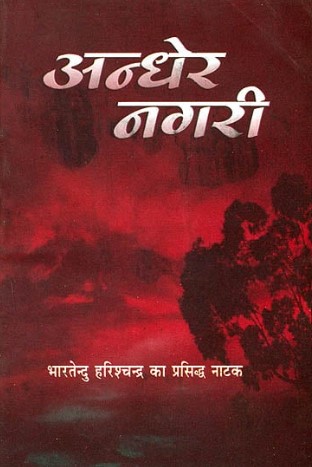
The cover of the book on the popular play titled Andher Nagari (अन्धेर नगरी, City of Darkness), 1881 by Bhartendu Harishchandra
British Connections
Harishchandra became self-reliant in the city in 1870 after receiving his share of ancestral property. Due to his strong connections with the English, he was able to acquire enough influence to hold appointments as an Honorary Magistrate and Municipal Commissioner. During the same time, Bharatendu demonstrated his dedication to the British Crown on multiple occasions. In 1870, he played the role of a gracious host to the Duke of Edinburgh during his visit to India. When Lord Mayo was assassinated in 1871, Bhartendu openly expressed his grief. In 1875, he composed poems in honour of the Prince of Wales’s visit. Furthermore, he used to celebrate annually Queen Victoria’s birthday and composed poetry to commemorate her triumph in Egypt in 1882. During Bharatendu’s time, his joint family had a strong connection with the Maharaja of Banaras. However, Bharatendu’s position as a moneylender decreased because he used his wealth to support literary and cultural activities and also spent it on seeking pleasure. [5]California Digital Library
Social Worker
Even though Urdu became widely used as a common language in North India since the 18th Century, Harishchandra strongly believed in reviving Hindi as part of his cultural and nationalist activities. He not only encouraged the use of Indian-made products (Swadeshi articles) but also advocated for replacing Urdu with Hindi in courts and banning cow slaughter. Harishchandra persisted in his efforts to ban cow slaughter and presented a petition with 60,000 signatures to Lord Lytton at the Delhi Durbar on behalf of the Maharaja of Benares. Although the ban was not put into effect, he was honoured with the title “Vir Vaishnava” for his dedication and commitment to the cause.
Literary Works
Plays
- Vaidika Himsa Na Bhavati, 1873
- Satya Harishchandra, 1876
- Bharat Durdasha, 1875
- Niladevi, 1881
- Andher Nagari (अन्धेर नगरी, City of Darkness), 1881
Poetries
- Bhakta Sarvagya
- Prem Malika (प्रेम मालिका), 1872
- Prem Madhuri (प्रेम माधुरी), 1875
- Prem Tarang (प्रेम तरंग),1877
- Prem Prakalpa (प्रेम प्रकल्प), Prem Phulwari (प्रेम फुलवारी) and Prem Sarowar (प्रेम सरोवर), 1883
- Holi (होली), (1874)
- Madhumukul (मधुमुकुल), 1881
- Raga Sangrah (राग संग्रह), 1880
- Varsha Vinod (वर्षा विनोद), 1880
- Vinay Prem Pachasa (विनय प्रेम पचासा), 1881
- Phulon Ka Guchchha (फूलों का गुच्छा), 1882
- Chandravali (चन्द्रावली), 1876 and Krishnacharitra (कृष्णचरित्र), 1883
- Uttarardha Bhaktamal (उत्तरार्द्ध भक्तमाल), 1876–77
Essay
- Bharatendu Granthavali (भारतेन्दु ग्रन्थावली), 1885
Translations
- Harsha’s Ratnavali (रत्नावली)
- Vishakhadatta’s Mudrarakshasa (मुद्राराक्षस)
- Ramprasad Sen’s Vidyasundar (विद्यासुन्दर) from Bengali
- Karpuramanjari (कर्पूरमञ्जरी) from Prakrit
- Shakespeare’s Merchant of Venice as Durlabh Bandhu (दुर्लभ बन्धु) or Invaluable Friend
Controversy
He often found himself in trouble with the local British officials. In 1880, he was expelled by the Britishers, most likely as a result of some harsh editorials he had written. As his literary career advanced, he began to concentrate more on India’s economic issues, especially the loss of money due to British policies and the importation of manufactured products. He backed the Swadeshi movement because he thought that India’s moral values and economy would suffer as a result of imitating the English style and social norms.
Achievement
Bhartendu Harishchandra was bestowed with the title ‘Bharatendu’ by the Government of India in 1880.
Death
On 6 January 1885, Bhartendu Harishchandra died due to sickness in Benares, Benares State, British India. [6]India Today
Facts/Trivia
- He used the pen names Rasa and Girdhar Das in his writings. [7]Varanasi.org
- He also goes by the names Bhartendu and Vir Vaishnava. [8]Exotic India
- Reportedly, Bharatendu did not care much about making or saving money, so he had no trouble spending it freely. He loved living a luxurious and extravagant life. In the 1860s, he was connected to the well-off Vaishya class in Banaras. During this period, the Mughals and Nawabs of Lucknow were no longer in power, and society focused on supporting cultural activities like music, poetry, and arts. For Bharatendu and others in his class, this cultural involvement was not just a duty but also a way of life and something they were deeply passionate about.
- In 1866, Bhartendu Harishchandra established the ‘Harishchandra Intermediate College’ in Varanasi.
- Every year, the “Ministry of Information and Broadcasting” distributes the Bharatendu Harishchandra Award to support the growth of the Hindi language in the country. This award has been acknowledging contributions to the Hindi language and literature since 1983.
- Later, Pratibha Agarwal, his granddaughter, founded the Anamika theatrical company in Kolkata.
- In 1976, the Government of India released a postage stamp in his honour to recognize his contributions to Hindi literature.
References

